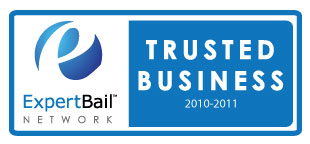Give us a call now : 714-389-2245 for a free consultation
- Home
- Testimonials
- Why Call Us?
- FAQs
- More on Bail Bonds
- Immigration Bonds
- Blog
- Jail Info
- Orange County Jail
- Anaheim Police
- Brea Police
- Buena Park Police
- Costa Mesa Police
- Cypress Police
- Dana Point Police
- Fullerton Police
- Garden Grove Police
- Huntington Beach Police
- Irvine Police
- Laguna Beach Police
- La Habra Police
- Mission Viejo Police
- Newport Beach Police
- Orange Police
- Santa Ana Police
- Seal Beach Police
- Tustin Police
- Westminster Police
- Service Area
- Contact Us
- Scam Alert
Menu
- Home
- Testimonials
- Why Call Us?
- FAQs
- More on Bail Bonds
- Immigration Bonds
- Blog
-
Jail Info
- Orange County Jail
- Anaheim Police
- Brea Police
- Buena Park Police
- Costa Mesa Police
- Cypress Police
- Dana Point Police
- Fullerton Police
- Garden Grove Police
- Huntington Beach Police
- Irvine Police
- Laguna Beach Police
- La Habra Police
- Mission Viejo Police
- Newport Beach Police
- Orange Police
- Santa Ana Police
- Seal Beach Police
- Tustin Police
- Westminster Police
- Service Area
- Contact Us
- Scam Alert








